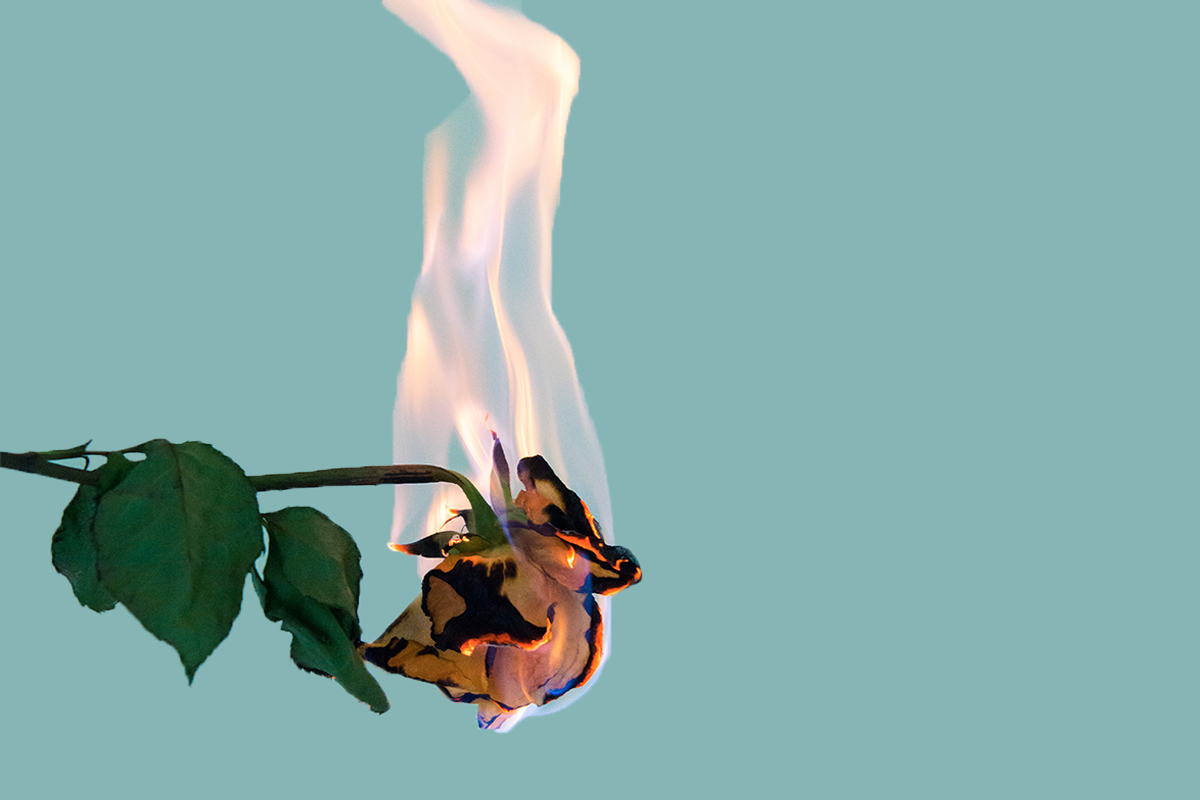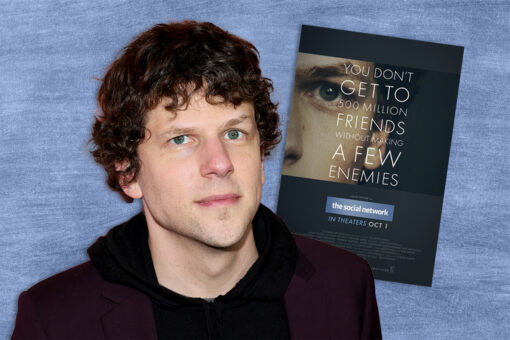Growing up in Southern California was a lesson in contradictions. Against a palm tree dotted backdrop broadly associated with “coastal, liberal elites,” I was raised in a setting that would appear to be a haven of progressivism. But it was, in many ways, the opposite.
I was 13 years old when the hatred of the outside world first occupied my consciousness, and when I began to censor myself for fear of being too much. It was seventh grade, and I was over at a new friend’s house, jittering with anxiety, when she requested in a hushed but startlingly unembarrassed voice, “Please don’t mention that you’re Jewish in front of my parents.” I’m still not sure what I said in response, but I remember feeling a searing twinge of embarrassment for being an inconvenience — a friend to be tolerated but embarrassed by. I returned to her house only one more time, but quickly realized that I would never be truly welcome there.
That moment could have provoked anger, or maybe even self-examination. Instead, I adjusted how I moved throughout the world in hopes that I would never have to feel that slap of rejection again. This proved to be a years-long exercise in self-negation and censoring.
Less than a year later, I was again forcibly reminded of my otherness. As I returned to a smelly middle school locker room with sweat rolling down my neck and uncomfortable school-assigned gym clothes clinging to my thighs, I locked eyes with the girl next to me. I don’t know if she saw admiration in my gaze, but I will never forget the repulsion in hers. Turning away from me, she coolly informed her friend, “Lesbians really shouldn’t be allowed in locker rooms with the rest of us.”
At that moment I realized that I would never be included in that “us.” Not only was I too Jewish, but I was too queer, too other.
By the time the 2016 elections rolled around, I was a junior in high school with predictably low expectations for its outcome. But that night as I sobbed in the shower from the results, I recognized that my Jewishness and queerness were not two separate identities that could be turned on and off for the sake of tolerance.
Coincidentally, the following day at high school, there was a pep rally scheduled. Unable to think of a good enough reason to ditch, I ended up seated in the bleachers. As the school stood en masse to pledge allegiance to the United States of America, a feverous wave of chanting and applause broke out. Never before had the pledge felt so hostile, so profoundly an expression of hatred and power, than it did at that moment for me.
Sandwiched between MAGA-clad boys, not quite at voting age but still all too aware of their blatantly outsized privilege, I began to mourn the — now — obviously naïve vision of the future I had once envisioned. Any expression of my devastation or even frustration was taken as one more weakness of the “snowflake generation,” a generation that ironically included the same Trump-supporting boys around me. These were the same people who, in my freshman biology class, flippantly used the Holocaust as an example of a mass extinction event.
Even then, I practiced an unhealthy amount of sympathy for those who taunted me and made my obvious discomfort trivial. I rationalized their behavior constantly. What was my pain but an opportunity for their growth, for their learning? But I still wonder what teachers saw when they looked at me in high school. How was my math teacher able to feign confusion at the swastikas drawn on my peer-graded assignments? Even when I finally drew her attention to them, how was she able to pretend that they may have been the pre-appropriated Indian symbol of well-being? She must have known that complimenting their Trump apparel was a less than tacit endorsement of their values.
How many authority figures does it take to silence a partially closeted queer Jew?
At the time I blamed myself: for being both too visible and too vocal, and for not speaking up when other marginalized voices around me were silenced. But why did that burden only seem to fall onto a 17-year-old? I was raised to avoid anger at all costs, both in public where it seemingly transformed me into a hyper-sensitive, hysterical woman and in private, where I internalized those voices to far greater damage than others ever personally caused me.
I wish instead that I had clung to that anger, that I had not turned that hurt inward. It is clear to me now that it has never been my anger that is destructive, but rather the raised voices across the country that reminded me “Jews will not replace us” and that queers like me were unwanted. Yet still, even at Smith College, anti-Semitism isn’t far away. It seems as though I am forever trading one sense of belonging for another form of being ostracized.
Only recently, as a sophomore in college, am I allowing myself to again really feel angry and to speak out against opinions similar to those I encountered earlier in life. I feel angry because I have lost my hopeful naivety. I still feel a profound estrangement from the town I was raised to consider home. Any real sense of belonging remains largely elusive, a place I long desperately and hopefully to inhabit, a place I have only been able to partially find at college. True belonging will perhaps forever remain transient: an ideal to construct within a world hostile to all that I represent.
Image by Kai Wai Wong/Getty Images



